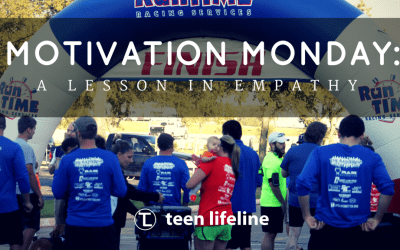I just got back from serving with LiveBeyond in Thomazeau, Haiti, where poverty, starvation, sickness and Satan can be seen at every corner. While I was still processing this level of hurt and pain, I came home to the injustice of the Orlando shooting. Hurt has so many different faces. Hurt can be overwhelming and sometimes it is easier to do nothing rather than wade into the unknown of pain. However, if there is anything that I have learned while in Haiti, it is that we cannot simply sit back and stay quiet. If not us, then who?
Mental Health Articles and Episodes
Teens are struggling with mental health today in unprecedented levels. In fact, according to the latest CDC report, 4 in 10 teens felt persistently sad or hopeless in 2021. The good new is, you can help! We’ll keep you updated on the best tools and time-tested tips for connecting with teens. Because no teen deserves to feel alone.
We keep you bussin’.
Subscribe to the newsletter so you always know what the terms your teen is saying actually mean. We’ll make sure you’re up-to-date on the latest in teen culture, terms, and tech.

